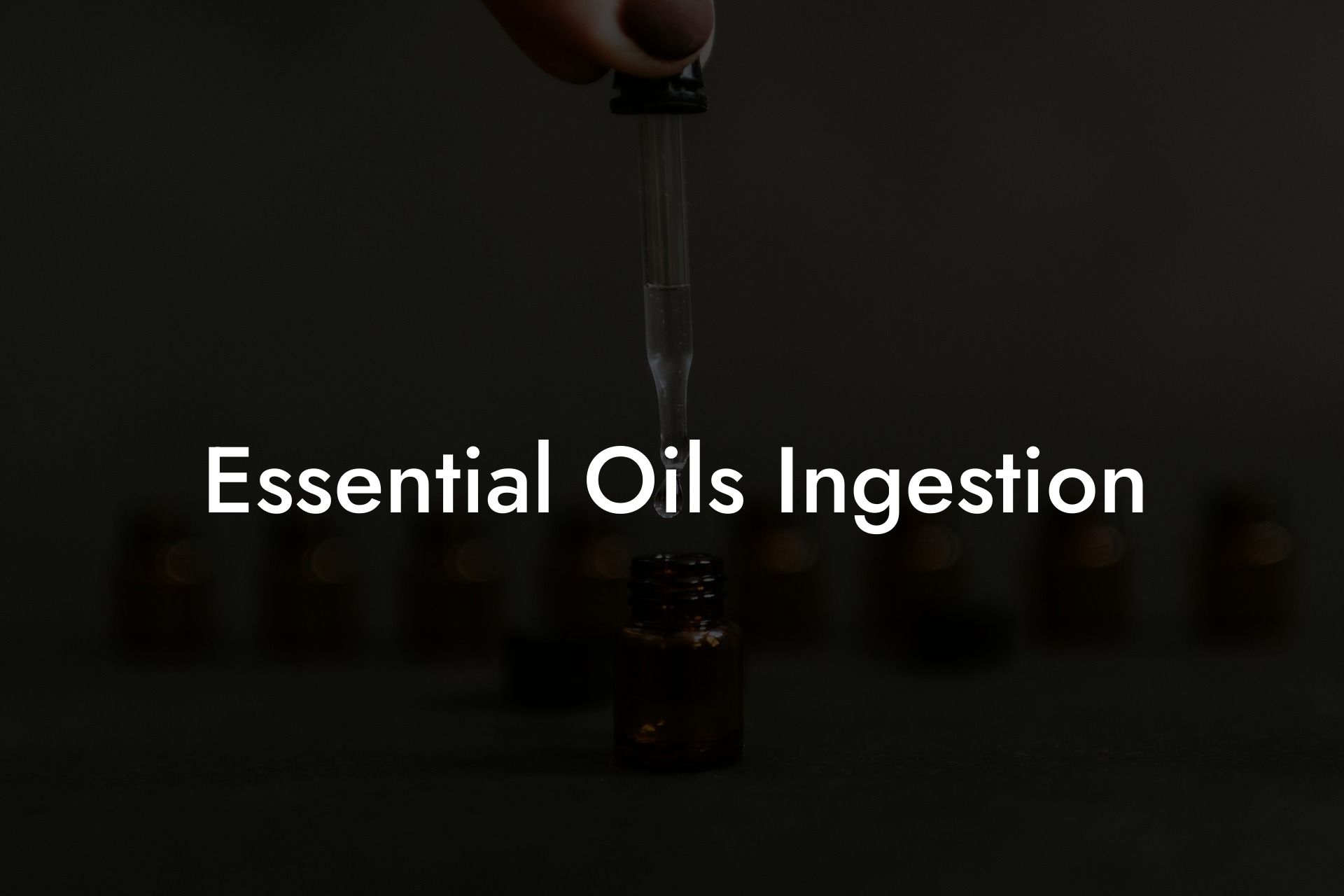Discover the ins and outs of essential oils ingestion, including their benefits, risks, and proper methods of use. In this comprehensive guide, we’ll explore the topic thoroughly to ensure that you make informed choices when using essential oils as part of your daily routine.
Table of Contents
What are Essential Oils?
Essential oils are highly concentrated, natural aromatic compounds extracted from various plant parts, such as leaves, flowers, roots, and seeds. These oils have been used for centuries in different cultures for their therapeutic and medicinal properties. In recent years, the popularity of essential oils has skyrocketed as people seek natural alternatives for health and wellness.
Potential Benefits of Ingesting Essential Oils
In some cases, essential oils can be ingested for various therapeutic purposes. Here are a few possible benefits:
- Improved digestion: Certain essential oils, like peppermint and ginger, can help relieve digestive issues when ingested.
- Immune support: Essential oils such as oregano and thyme have shown to possess antimicrobial properties, potentially boosting the immune system.
- Stress relief: Consuming essential oils like lavender or chamomile may help reduce stress and anxiety.
However, it is crucial to note that ingesting essential oils is not appropriate for everyone, and there are risks involved.
Risks of Ingesting Essential Oils
Ingesting essential oils can pose potential risks if not done correctly:
- Overdose: Due to their high concentration, ingesting too much of an essential oil can be dangerous and lead to toxicity, organ damage, or other severe health issues.
- Drug interactions: Some essential oils may interact with prescription or over-the-counter medications, posing risks to those individuals taking them.
- Allergic reactions: Some individuals may experience allergic reactions or sensitivities to certain essential oils when ingested.
Thus, it is vital to consult with a qualified healthcare professional before starting any new essential oil-based supplements or treatments.
Proper Ingestion Methods
When ingesting essential oils, it’s important to follow proper methods to minimize risks and maximize benefits. Here are some safe ingestion methods:
- Dilute with a carrier oil: Always dilute essential oils with a carrier oil, like coconut or olive oil, before consumption. This helps reduce the concentration and minimize potential irritation or damage to internal organs.
- Use capsules: Encapsulating essential oils in gelatin or veggie capsules is a safe method for ingestion, as it provides the right dosage and helps prevent internal irritation.
- Choose high-quality oils: Not all essential oils are created equal. Ensure you are using only pure, therapeutic-grade oils without any synthetic additives when considering ingestion.
Essential Oils Ingestion Example:
For a safe and effective ginger essential oil ingestion experience, follow these steps:
– Acquire high-quality, therapeutic-grade ginger essential oil.
– Dilute the oil by combining one drop of ginger essential oil with one teaspoon of carrier oil (e.g., olive or coconut oil).
– Fill a veggie capsule with the diluted oil mixture.
– Consult with your healthcare practitioner to identify the appropriate dosage and verify if it does not interact with any medications you might be taking.
– Consume the capsule with water or as directed by your healthcare practitioner.
We hope this guide has provided insight into the topic of essential oils ingestion, its potential benefits, risks, and best practices. As always, consult with a professional before starting any new essential oil-based treatments to ensure your safety and well-being. Share this guide with friends and family interested in essential oils and explore our other informative articles on the Oshu Oils website. Don’t forget to browse our range of Artisan Essential Earth Oils and elevate your aromacology experience.





















